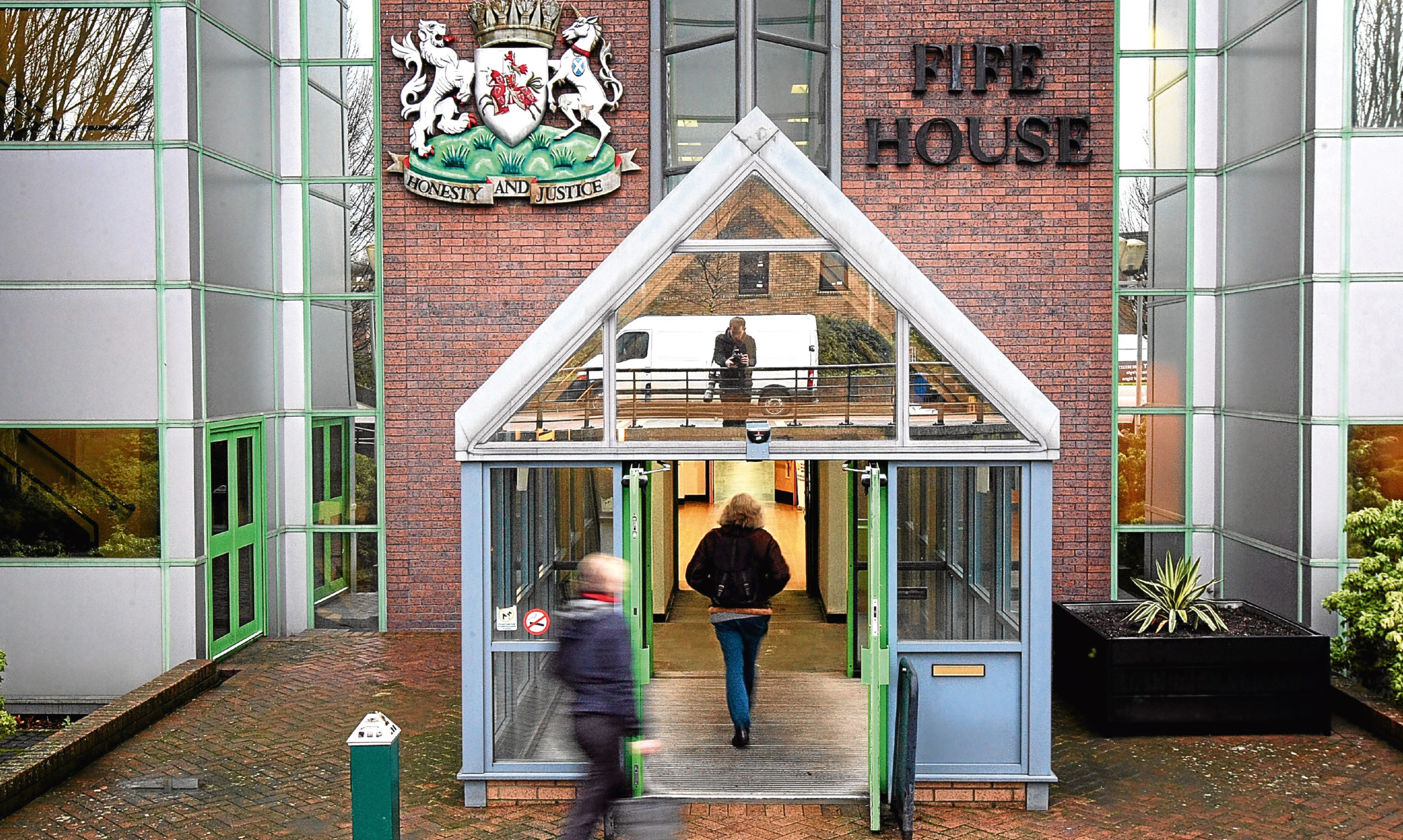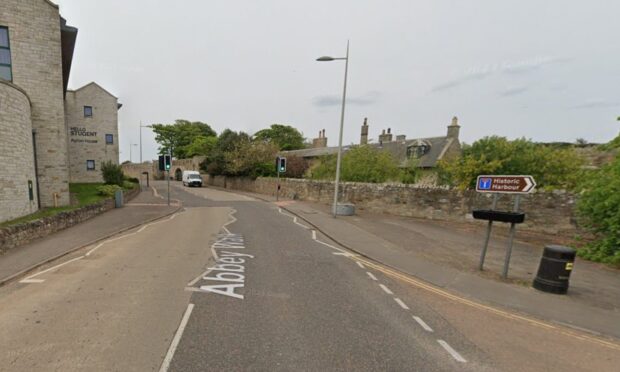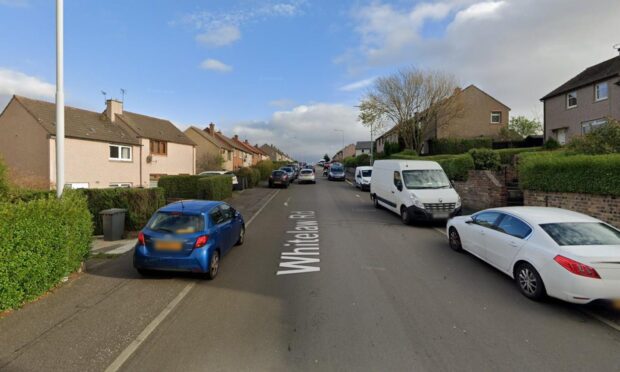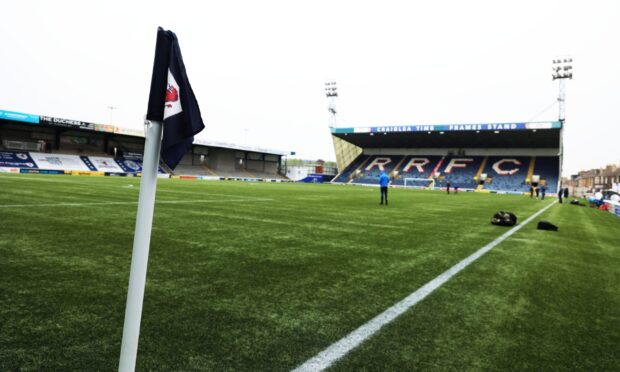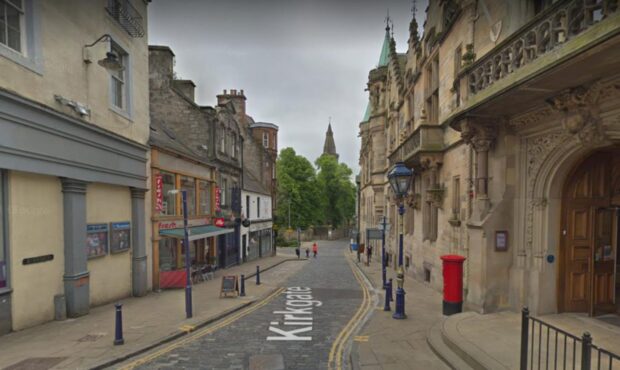Cash-strapped Fife Council is to urge its staff to get moving in a bid to cut a whopping £14.4 million pound sick bill.
The use of activity trackers, smart phones and standing desks has been mooted as a way of slashing the millions shelled out on sick pay by the local authority last year.
Half of this was due to stress and musculoskeletal problems, and a significant proportion of it has been blamed on sedentary behaviour in the workplace.
In a report to go before councillors on the executive committee on Tuesday, Carrie Lindsay, director of education and children’s services, said the issue was compounded by the fact people were also becoming increasingly sedentary outwith work.
“Changing this would therefore have a positive impact in reducing sickness absence and delivering financial benefits at a time when the council budget is under severe pressure,” she said.
“Addressing this in the workplace would have extended benefits for employees in their home and family life.”
The committee will be asked to consider launching a “Sit Less, Move More” campaign aimed at staff, both in the council and NHS Fife.
It is thought the cost of the campaign would be covered by existing budgets and additional resources would not be required.
Because of the sheer size of the two organisations, which employ thousands of people between them, human resources departments would be asked to identify groups of workers most likely to benefit from the move.
Managers would also be trained to understand the dangers of sedentary behaviour and promote increased physical activity.
If approved, the campaign would be extended to schools across the region to persuade children to get more active, and to care homes in an effort to reduce falls among frail, elderly people.
Ms Lindsay said in her report: “Older adults are the age group with the highest levels of sedentary behaviour, particularly frailer older adults living in care.”
She added: “In schools, much has changed in the way that the curriculum is now delivered and new and varied learning methods have helped to reduce the time spent sitting at desks.
“However, there is still work to be done.”
